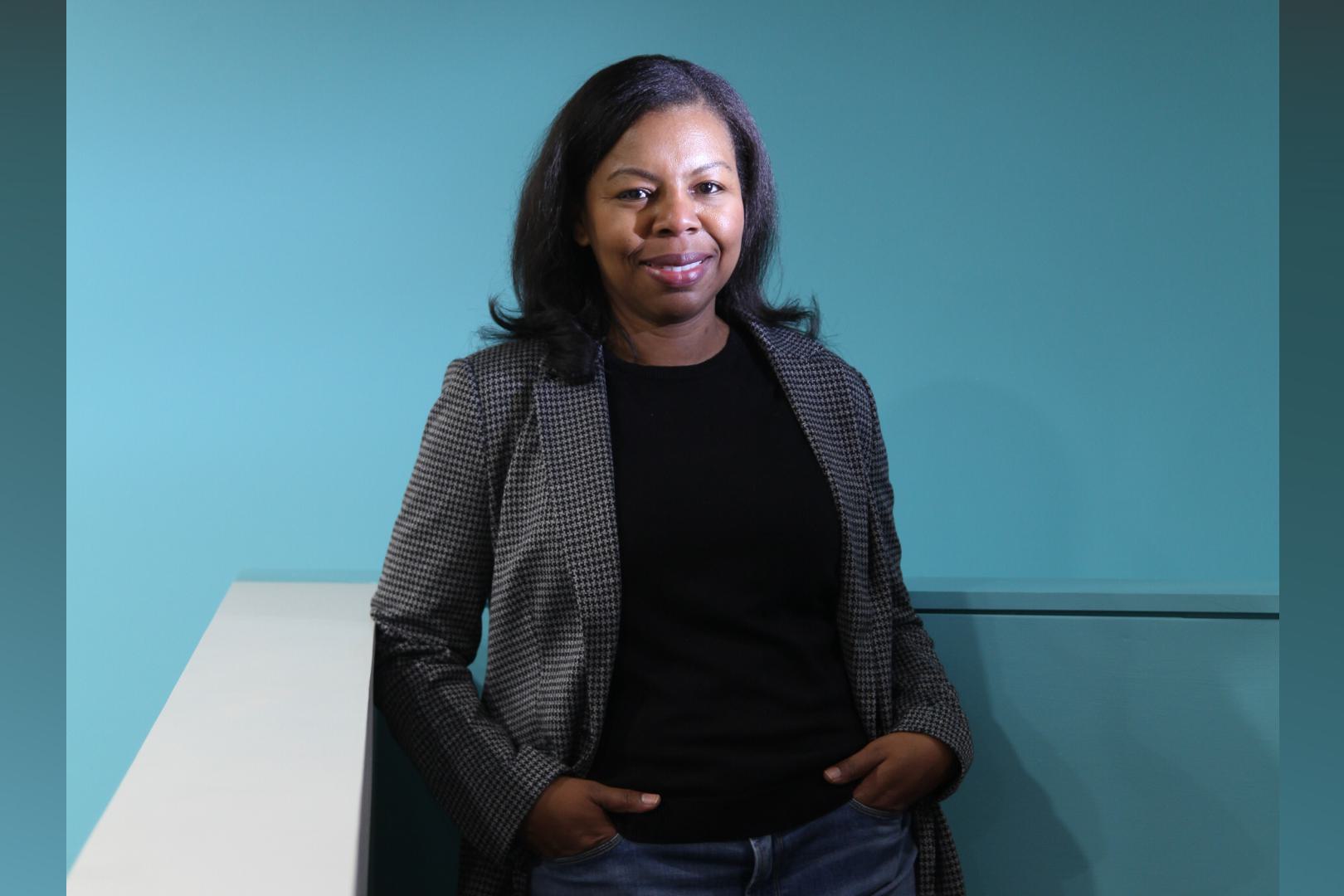Anny-Claude Joseph, assistant professor of mathematics, joined the Wellesley faculty in fall 2022 after teaching at the U.S. Military Academy at West Point. She offered two statistics courses in her first semester, a foundations class designed for students interested in STEM who don’t necessarily have a strong math background, and an introduction to statistics and probability. This spring, she will be teaching STAT 160: Fundamentals of Statistics and STAT 318: Regression Analysis and Statistical Models. Joseph, who earned her Ph.D. in biostatistics at Virginia Commonwealth University, researches the relationship between place—where we live, learn, and work—and health and social outcomes.
(To get to know other new professors who joined the Wellesley faculty in the fall, check out our Q&As with Heng Du, Tyler Giles, and Erin Teich.)
Catherine Grace: What drew you to Wellesley College?
Anny-Claude Joseph: I wanted that small-school feel, where I could have some impact. It was important to me that it was a collaborative environment. And when I interviewed, I got that sense from the math department faculty.
Grace: What was your academic path like?
Joseph: My family’s from Haiti, but I spent my formative years in Trinidad and Tobago before coming to the U.S. for college in Texas. My undergraduate degree was in math, not statistics. I tell people I’m a recent convert to statistics. I started off as a pure mathematician, and I did not have any interest in going into academia. But that was really born out of stubbornness. It’s mostly because everybody told me that that would be a good path for me, and I was like, “Do not tell me what I’m going to do.”
I bounced around within math to operations research. I got a master’s degree in mathematics, and then I finally converted to biostatistics. Along the way I realized, “The academic life is what I actually want. I cannot let my stubbornness prevent me.” I enjoy teaching.
Grace: What’s your approach to teaching mathematics?
Joseph: I encourage participation and collaboration. It’s important that students don’t see learning as a sporting event or simply me performing. You can’t learn just by being passive.
Grace: Among other topics, your research has looked at historic redlining in housing and its impact on asthma. Will you continue that work here?
Joseph: I’ve been pivoting away from that and thinking mostly about two things: I’ve been wrestling with the idea of social media overuse and its impacts on health. And we are hearing a lot about the impact of long COVID. As I’m particularly interested in respiratory illnesses, I want to pursue something in that field.
Grace: If you could have dinner with any person, living or dead, who would it be?
Joseph: Ada Lovelace.
Grace: What are you reading right now outside of your discipline?
Joseph: I’m reading too many things, and I can’t keep track of them. I’m reading 100 Love Sonnets by Pablo Neruda. I read a lot of poetry.
